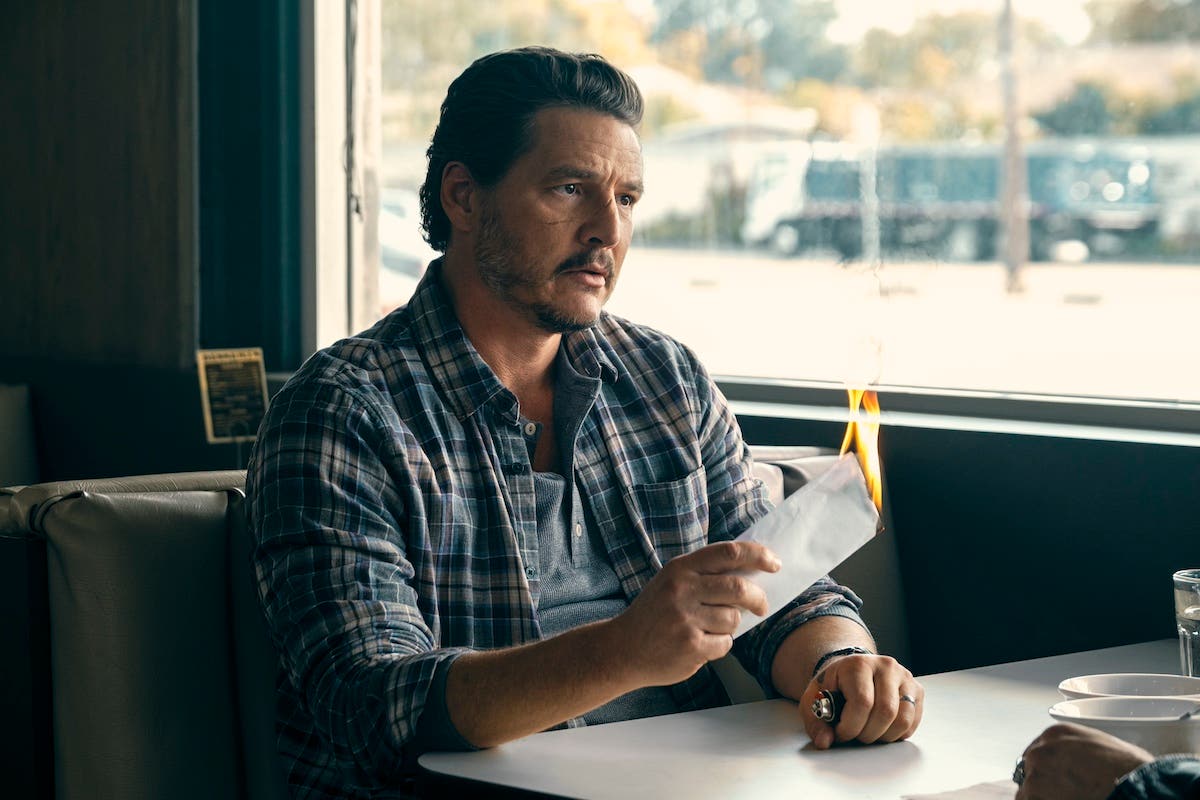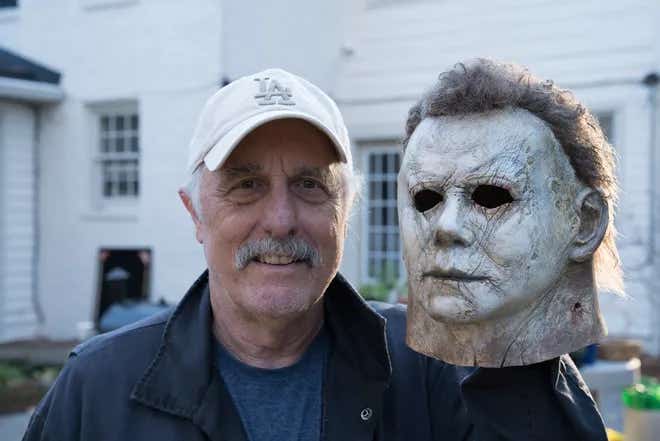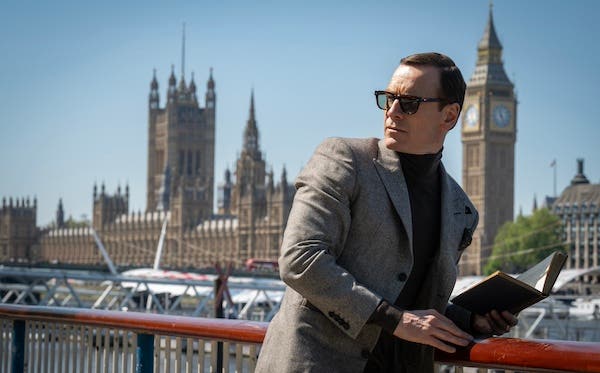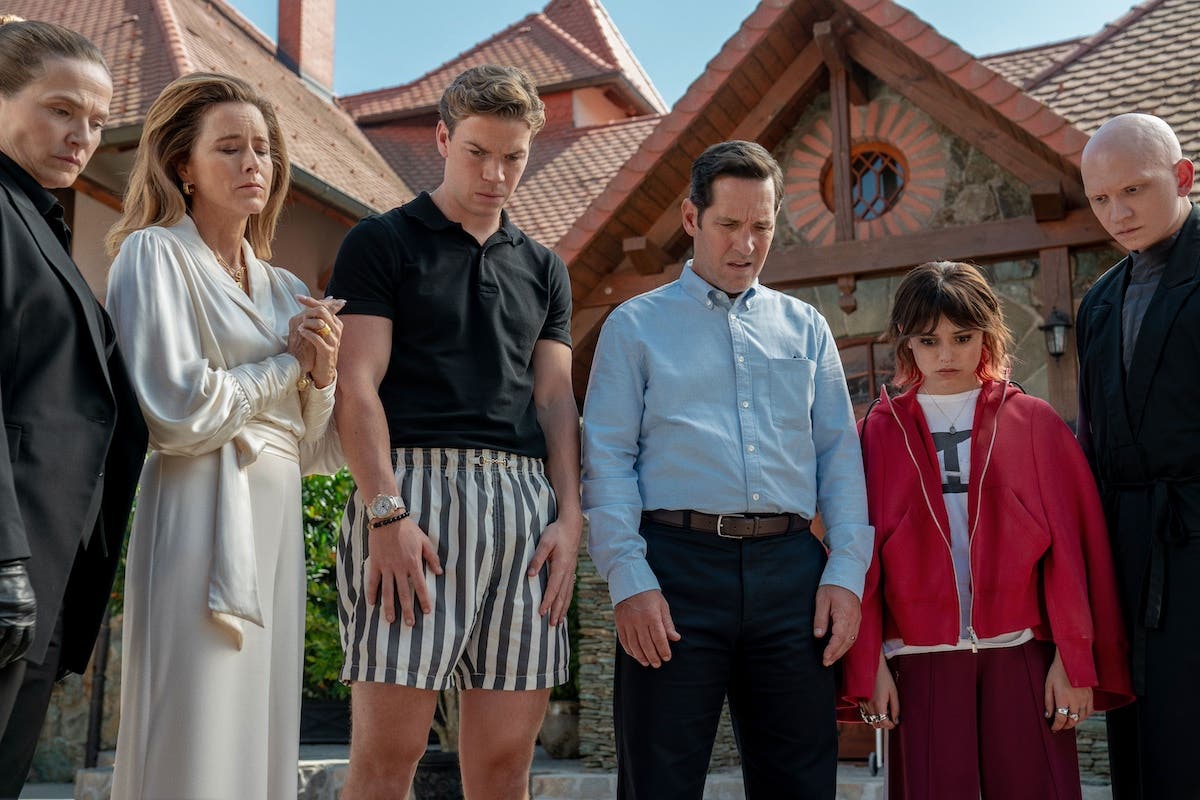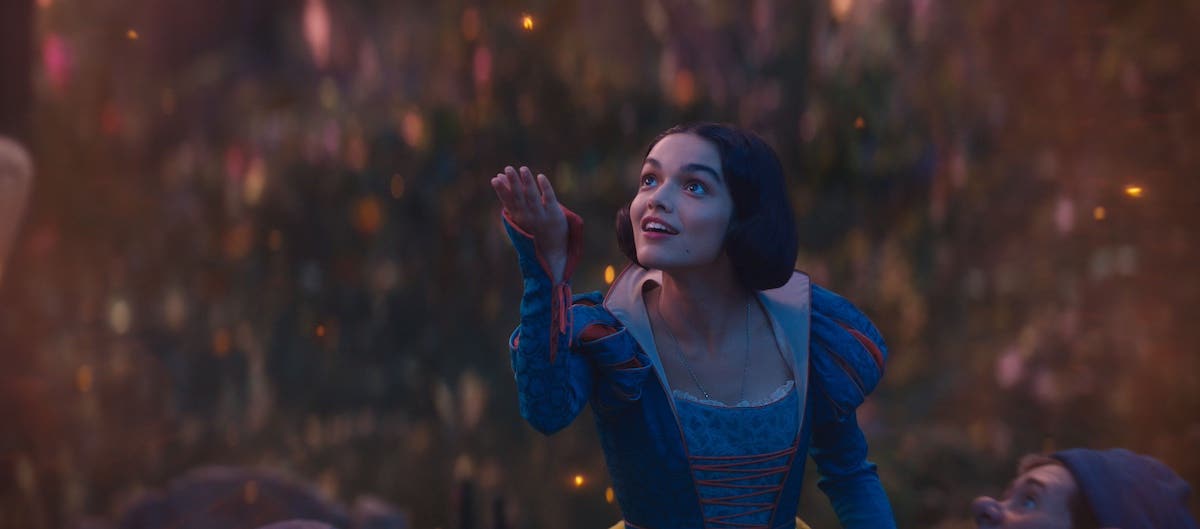Inside Telluride Film Festival: ‘Palo Alto’ Interviews
A first time writer/director taking on an adaptation of James Franco’s book of short stories is akin to deciding to take a leisurely hike up Mt. Everest. But that’s exactly…
A first time writer/director taking on an adaptation of James Franco's book of short stories is akin to deciding to take a leisurely hike up Mt. Everest. But that's exactly the task Gia Coppola took on for her film Palo Alto. “I guess I never realized it was such a challenge to try and adapt short stories. But, I think because I didn't realize, it was to my advantage. James was really helpful in that process, so it was good and I really loved the story,” Coppola told me as she began the film's festival tour at Telluride before going on to Venice and Toronto. It was a tall task to find a consistent storyline and characters, “I went through so many versions of rewriting it and doing table readings and stuff. You hear what's working and what's not and getting people's opinions. Eventually it falls into place, naturally falls into what it wants.”
The resultant film is an attempt at a slice of life of the current suburban teenage generation in the spirit of American Graffiti, Breakfast Club, and Dazed and Confused. An attempt Coppola succeeds in quite well in part by allowing her young cast to collaborate.
“For this process it was with teenagers and it felt like they knew what was up to date more than I did. I talked to them about it, and they'd say, 'Oh, no one would say this line anymore.' And they all had a great relationship. I didn't want to get in the way of that.” This relinquishment of an adherence to the script might shake some writers, but Coppola understands the process. “You have a goal in mind. Especially in film, it's such a collaborative thing that you've got to be willing to accept that it became something else than you initially intended. But it's not worse than what you intended.”
That sense of collaborative spirit on Coppola's set is confirmed by her cast. Ask Claudia Levy (Shauna).
“She loves the improv. A lot of our lines are improvved where she would just roll the footage and be like, 'Just talk how you would talk.' And that's why the film seems really natural, the dialogue. She's actually an amazing director.”
How did Coppola cope with where the improvisation took her? “A lot of it was discovering it in the edit. As long as they were getting the point across in the scene they could be as free as they wanted. But some of it is still scripted. You kind of feel it out what's right and what's wrong.”
Unusual to this film are the number of industry familial connections present. Those of veteran actor Emma Roberts (April) are well known, and newcomer Jack Kilmer (Teddy) has his dad Val (Stewart) playing a small supporting role in the film. But no one's family connections were used to advantage the production. Gia Coppola is indeed related to “those” Coppolas, but, “It was very important to me to feel like I could do this on my own without my family and find my own voice.”
Levy confesses, “My Dad is Miles Levy, and he is one of the producers of Palo Alto, and I was working for him as a receptionist at his office. I found out about the project and was really interested. So I got a hold of the casting office and, to be honest, I pitched myself as someone else. I said I was a manager. And they agreed to see me. Me and Gia hit it off right away. She made me feel so comfortable. It was awesome.”
Here's Levy's take on Coppola as a director, “Someone asked me the other day how Gia was as a director because she was so shy and seems so soft spoken, but she really has a vision and knows what she wants and what she doesn't want. I think that I respect Gia more for having such a clear vision of what she wants and not being rude about it. She just takes you aside and is like, Okay try it like this.”
Collaboration continued behind the scenes as well. With Autumn Durald, her long time friend and collaborator as cinematographer, Coppola applied the visual and storytelling focus she began with her fashion photography shoots. “I started practicing in my fashion videos whatever I could to get to this point, trying to bring a little narrative to those, not to make some sort of moving photograph from that video but try to challenge myself a little bit by trying to come up with a little story.” It was showing her photography work to James Franco, and his sharing his work, that lead to the opportunity to indulge more of her interests. “That's why I love movies so much. It combines everything I love -- visuals, sound, storytelling, writing.”
And she is accomplished in bringing all that love to the screen. Palo Alto is a multi-character, rich story with multiple, concurrent story arcs, but Coppola is able to deftly thread a cohesive path for the audience to follow while creating rich, deep characters to care about in the process. It wasn't an easy task with a melange of a cast of veterans and newcomers. But she was able to utilize the veteran talents and help the newcomers along. Levy recalls, “The cast got along so well. We all hung out a bunch of times before we started shooting. We had dinner parties. Gia had us do all these activities where we had to come in one day and give our character a life story, backstory, why we do what we do, and why we are how we are. I was so stumped. Why do I party? Because my character's a high school girl. But Gia really made me dive deeper into my character. Really interesting.”
So, how will the film play when released? Although a broad audience appeal probably wouldn't be expected at first glance, if given a wide release reaching the mall screens, suburban teens will love it. Their parents must see it. Wider audiences will enjoy it, if they give it a chance.
Coppola is a writer/director to watch for. I asked her what was next for her, “I love movies, and I love always bringing something new and challenging to it. So perhaps playing around with different genres. Each movie has its own challenges. I love doing them. I'm not quite sure what it is going to be. I'm still enjoying this movie. I'll just want to read a book when I have my down time.”
Let's hope that down time is not too long before she picks up a camera again.
Related Articles:
- Legally Speaking, It Depends: How to Pick a Film Festival
- Write, Direct, Repeat: Film Festivals for Short Films
- Film Festivals 101: The Essentials to Film Festival Success
Tools to Help:
- The Independent Filmmaker’s Law and Business Guide
- Digital Filmmaking 101: An Essential Guide to Creating Low Budget Movies
- Independent Feature Film Production: A Complete Guide from Concept Through Distribution
Learn How to Turn a Book Into a Movie with our FREE Download on Tips for Acquiring Book Rights and Writing an Adaptation
Christopher Schiller is a NY transactional entertainment attorney who counts many independent filmmakers and writers among his diverse client base. He has an extensive personal history in production and screenwriting experience which benefits him in translating between “legalese” and the language of the creatives. The material he provides here is extremely general in application and therefore should never be taken as legal advice for a specific need. Always consult a knowledgeable attorney for your own legal issues. Because, legally speaking, it depends... always on the particular specifics in each case. Follow Chris on Twitter @chrisschiller or through his website.


